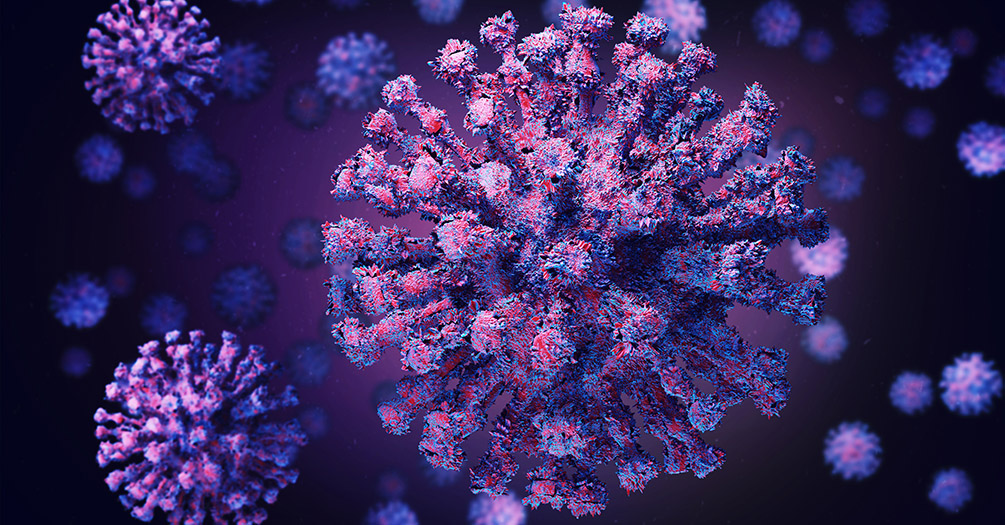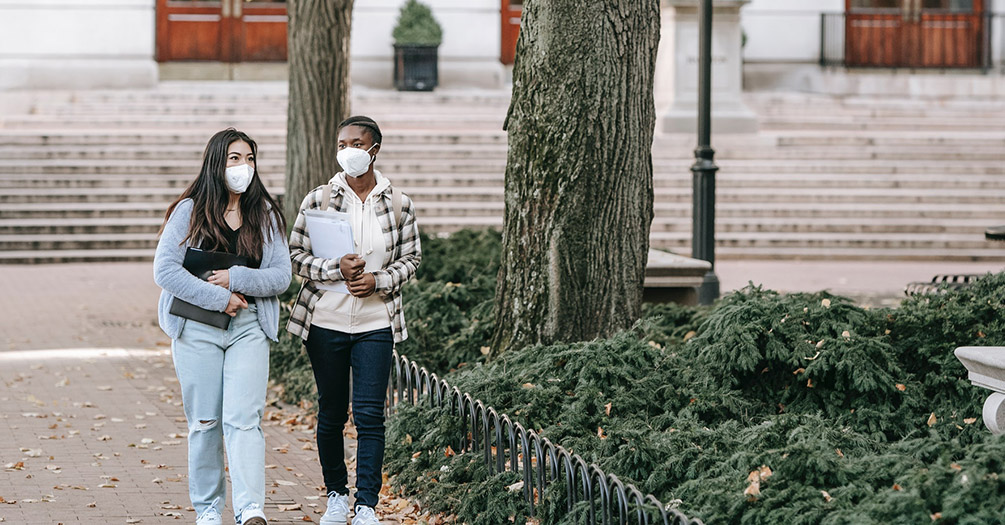
Severe COVID-19 May Be Linked to Long-Haul Symptoms
New research from Jana Hirschtick
People who experience very severe COVID-19 illness have a higher prevalence of persistent symptoms, according to a new University of Michigan study.

Michigan Public Health faculty, staff, students, and alumni are making an impact on public health in the US and around the world. Find the latest news here.

People who experience very severe COVID-19 illness have a higher prevalence of persistent symptoms, according to a new University of Michigan study.

Fully vaccinated Americans can now safely shed their masks and skip social distancing, the U.S. Centers for Disease Control and Prevention said this week, sparking a flurry of questions about how the new guidelines will be implemented at businesses, schools and other places where fully vaccinated and unvaccinated people mingle.

The country has managed to avoid a variant-fueled spike in coronavirus cases. Scientists say we were lucky.

The Michigan Public Service Commission is seeking input on how it can ensure utilities incorporate environmental justice as they transition to clean energy.

Twenty dollars a month might not seem like a lot to pay for health insurance. But for people getting by on $15,000 a year, it’s enough to make some drop their coverage – especially if they’re healthy, a new study of Medicaid expansion participants in Michigan finds.

Since the beginning of the pandemic, herd immunity has been portrayed as the holy grail to overcome the COVID-19 pandemic. Abram Wagner, research assistant professor of Epidemiology, explains why reaching herd immunity might not be as simple as we thought, and what vaccine hesitancy and availability have to do with it.